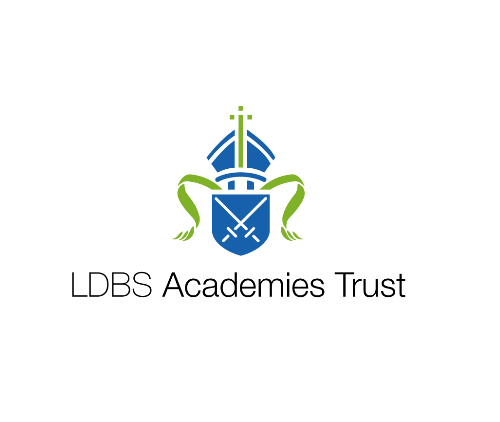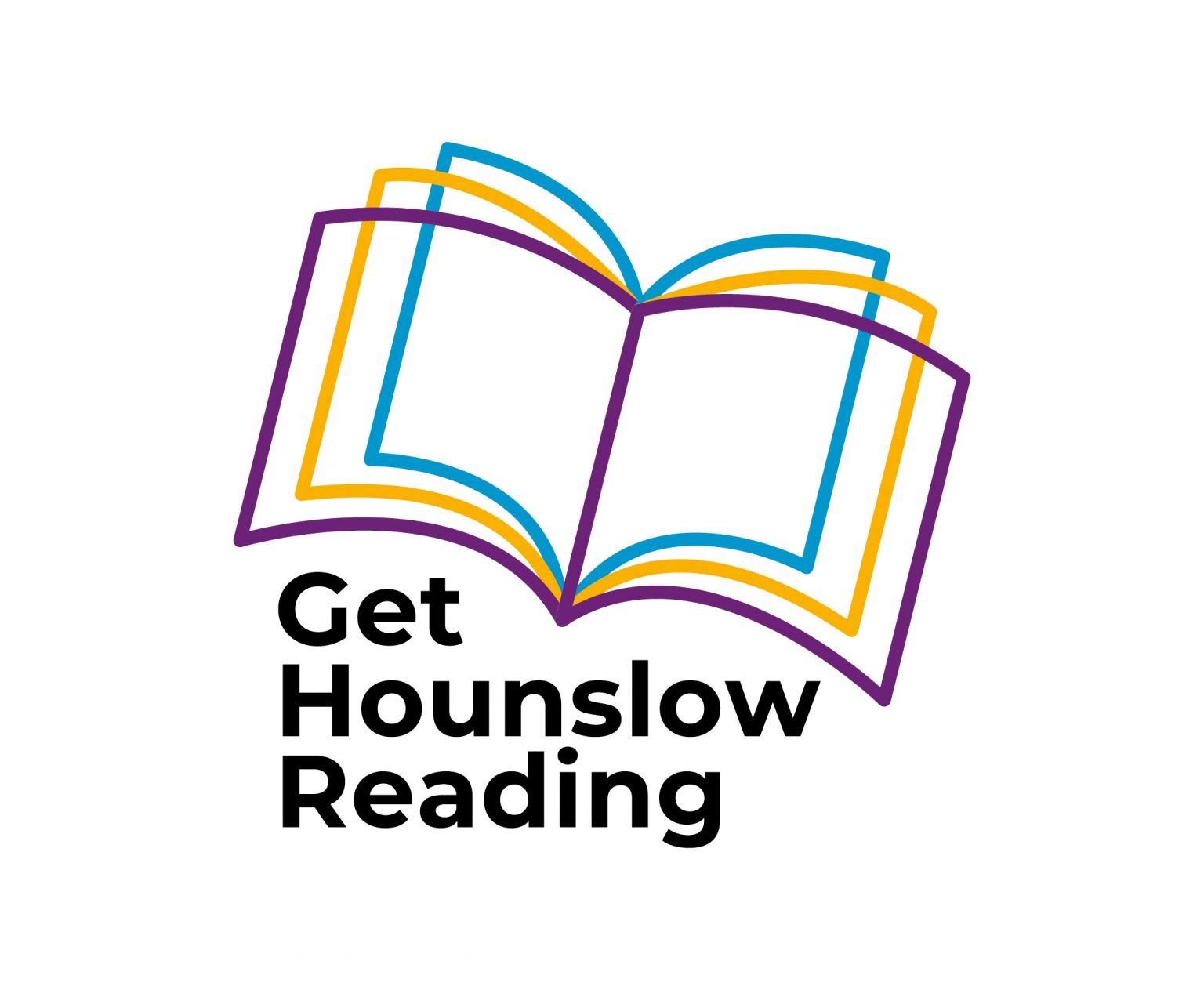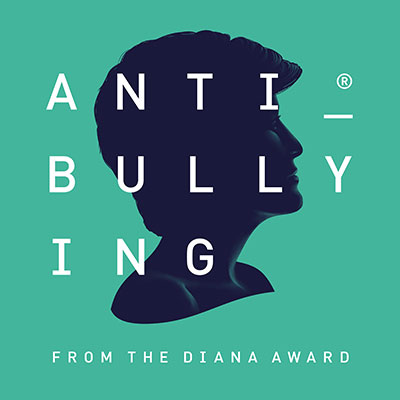English - Writing
Curriculum Intent
 Through a foundation of reading, children develop into competent, skilful writers who can write for a variety of purposes and audiences, sparking interest and engaging the reader. At St Richard's, writing is celebrated in the written form and through performance and spoken language.
Through a foundation of reading, children develop into competent, skilful writers who can write for a variety of purposes and audiences, sparking interest and engaging the reader. At St Richard's, writing is celebrated in the written form and through performance and spoken language.
Curriculum Implementation
At St Richard's, Writing and Reading are closely linked and taught through a selection of rich, core texts.
Early Years Foundation Stage
In the EYFS, children first learn to mark-make and gain good pencil control. Alongside learning to read, they apply their knowledge of phonic sounds to write simple words and their name. In Reception class, children receive a daily whole-class, teacher-led writing session. They then have access to independent child-initiated activities daily within the indoor and outdoor provision. Opportunities are also provided for children to work in small guided groups each day to apply the whole-class learning. Children are taught to progress from writing single words to short captions and then simple sentences.
Key Stage 1 and 2
Writing is taught 4-5 times a week as part of the main English lesson, with plans adapted from the CLPE Power of Reading teaching sequences.
- Composition
Children are taught composition and how to write for a specific purpose and audience. From KS1, children are taught to recognise and master the style of differing text types – beginning with simple text types e.g. narrative and instructional writing, and progressing in KS2 to include more complex genres e.g. persuasion and explanation texts. As the curriculum progresses, children are encouraged to develop their own authorial voice and recognise how to vary their style of writing for different readers.
- Grammar and Punctuation
 Pupils are given a grammar or punctuation activity as a quick starter to each lesson, as part of daily retrieval practice. Grammar and Punctuation are the make-up of a piece of writing. In KS1, children build upon what they learnt in the EYFS. They learn to write in complete sentences, gain an understanding of the different word classes and write short texts, linking sentences together. In KS2, children refine and develop these skills further by learning how to vary and manipulate sentence types, clauses and use different language, tense and advanced punctuation for effect, eventually choosing to do so independently.
Pupils are given a grammar or punctuation activity as a quick starter to each lesson, as part of daily retrieval practice. Grammar and Punctuation are the make-up of a piece of writing. In KS1, children build upon what they learnt in the EYFS. They learn to write in complete sentences, gain an understanding of the different word classes and write short texts, linking sentences together. In KS2, children refine and develop these skills further by learning how to vary and manipulate sentence types, clauses and use different language, tense and advanced punctuation for effect, eventually choosing to do so independently.
- Spelling
Spelling is an essential part of ensuring writing can be understood. Spelling is taught explicitly in one short weekly lesson, teaching a specific spelling rule from the school's Spelling Progression Document. Every year group is taught a specific set of spellings rules, building on what has been learnt through Phonics. Pupils then practise related words and are assessed in a weekly test.






Social Media